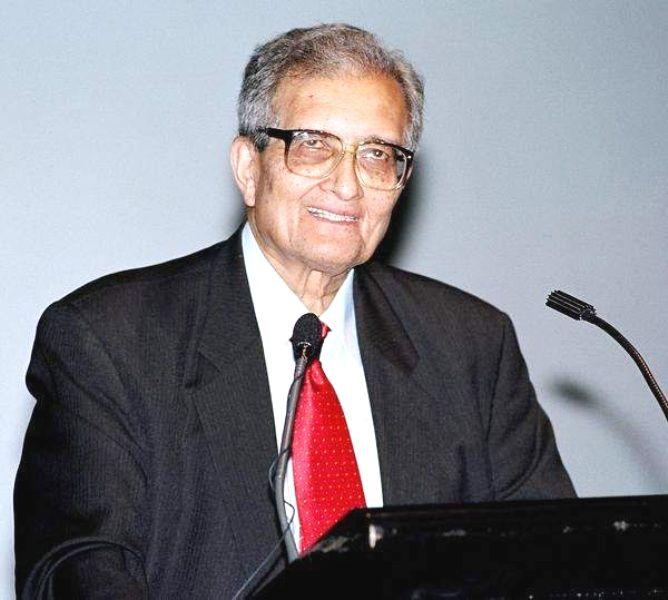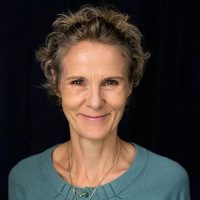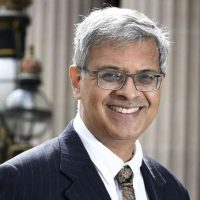| Amartya Sen is an Indian economist and philosopher who won the Nobel Prize in Economics, making him the first Indian to achieve this honor. |
| He was also awarded the Bharat Ratna, India's highest civilian award. |
| Sen's family ancestry traces back to Manikganj, Dhaka, which is now part of Bangladesh, and his father later moved to West Bengal. |
| His mother, Amita Sen, known as 'Ashram Kanya,' was a writer who passed away in August 2005. |
| Kshiti Mohan Sen, his maternal grandfather, was a noted Sanskrit scholar and served as the second vice-chancellor of Vishva Bharati University. |
| Rabindranath Tagore named him Amartya, which translates to immortal in Hindi. |
| Sen initially studied in Dhaka and later at Patha Bhavana in Shantiniketan. |
| His doctoral research in the 1950s at Cambridge focused on the 'Choice of Techniques.' |
| Sen married Nabaneeta Sen in 1959, who was a renowned scholar and poetess. |
| He held various teaching positions at prestigious universities like MIT, UC Berkeley, and Oxford. |
| Sen's groundbreaking theories on economics consider social and political factors. |
| He offers a unique perspective on famine and poverty, influenced by his personal experiences. |
| Sen's 'Capability Approach Theory' emphasizes a person's real capacity to do or be something. |
| His work on development economics evaluates a government's success based on citizens' concrete capabilities. |
| In 1987, he became a professor at Harvard, and in 1998, he became the Master of Trinity College, Cambridge. |
| He established the Eva Colorni Trust in memory of his late wife. |
| In 1998, Sen was awarded the Nobel Prize in Economics for his contributions to Welfare Economics and Social Choice Theory. |
| He made a visit back to Bangladesh after receiving the Nobel Prize for a civic reception. |
| Sen declined the Benga Bibhushan Award in 2022 in protest of a scandal. |
| In his book 'The Idea of Justice,' Sen discusses modern Western thought on justice. |
| He founded trusts focusing on healthcare, education, and gender equality. |
| Sen was instrumental in developing the Human Development Index with Mahbub-ul-Haq. |
| He identifies as left-leaning politically and supports democracy and equality. |
| Sen is multilingual, fluent in Bengali, Sanskrit, and English. |
| He holds over 40 honorary doctorate degrees from institutions worldwide. |
| Sen occasionally enjoys alcohol and has a passion for tasting fine wines. |
| He consciously addresses gender inequality by using feminine pronouns in his writing. |





